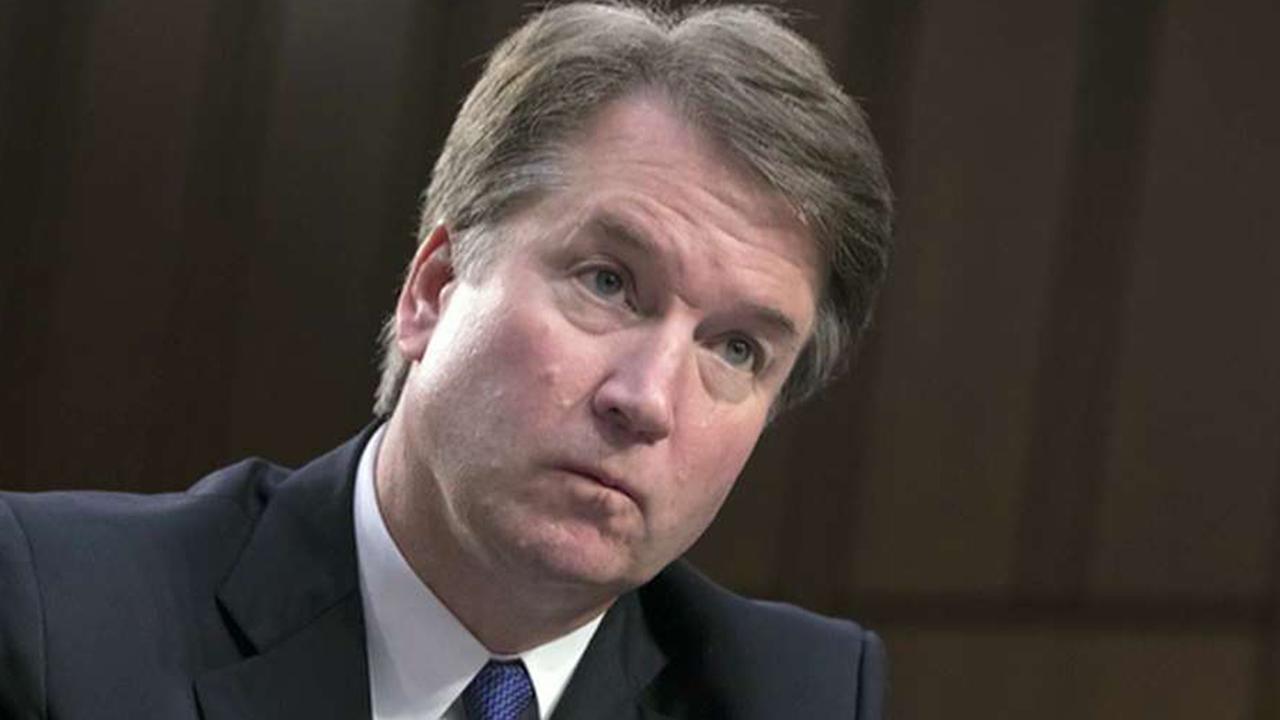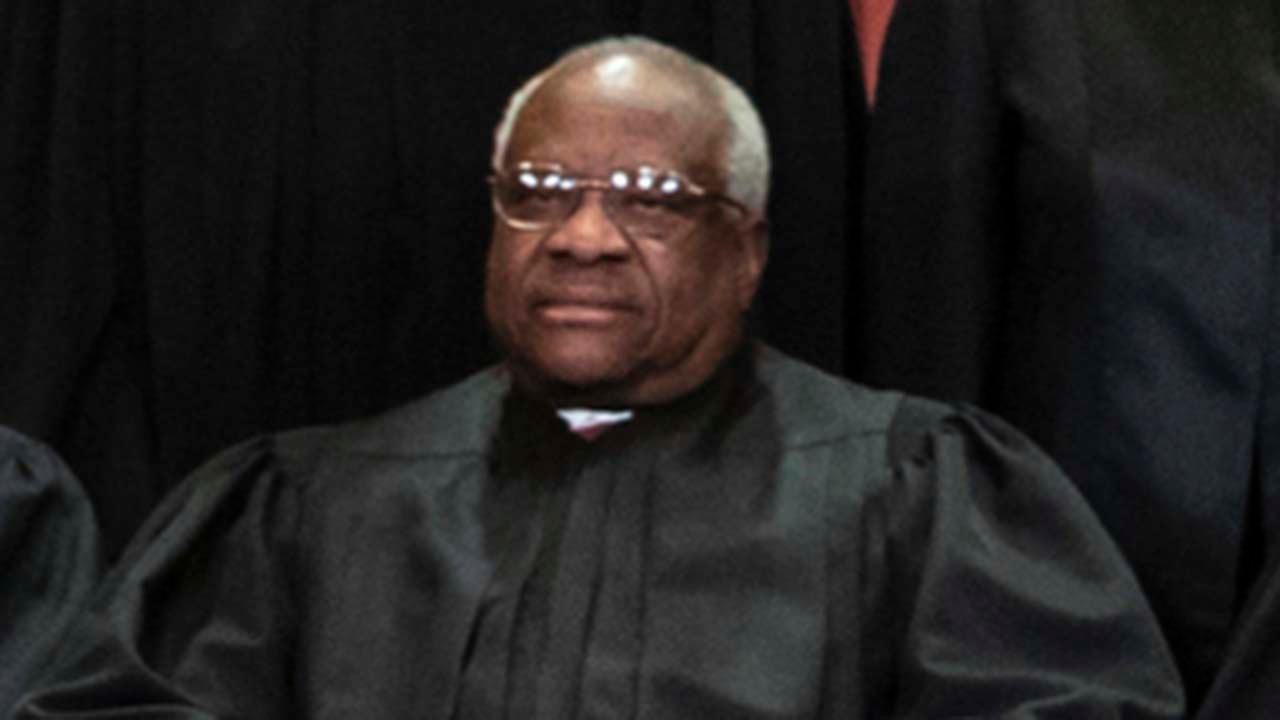How will Supreme Court picks factor into the 2020 presidential campaigns?
Former deputy assistant attorney general John Yoo and Bradley Moss of the Mark S. Zaid Law Office weigh in on ‘Fox News @ Night’ with Shannon Bream.
The Supreme Court on Friday tossed out the murder conviction of a black death row inmate who underwent six criminal trials before being convicted, in a 7-2 opinion that saw Trump-appointed Justices Brett Kavanaugh and Neil Gorsuch split once again.
The court voted to throw out the conviction due to a prosecutor’s efforts to keep African-Americans off the jury in the cases against Curtis Flowers, who was tried for the 1996 execution-style murders of four people in a furniture store in Mississippi. He has been in jail for more than 22 years.
CLARENCE THOMAS MAKES RARE INTERVENTION DURING SUPREME COURT ARGUMENTS
Flowers’ lawyers claimed a white prosecutor had a history of improperly excluding African-Americans from the jury. The court found that the removal of black prospective jurors violated Flowers’ rights.
Kavanaugh, who authored the opinion, wrote that “the State’s relentless, determined effort to rid the jury of black individuals strongly suggests that the State wanted to try Flowers before a jury with as few black jurors as possible, and ideally before an all-white jury.”
“The numbers speak loudly,” Kavanaugh said in a summary of his opinion that he read in the courtroom, noting that Evans had removed 41 of the 42 prospective black jurors over the six trials. “We cannot ignore that history.”
Gorsuch and Justice Clarence Thomas — the only African-American on the bench — were the two justices dissenting from the majority opinion. In a fierce dissenting opinion, Thomas called Kavanaugh’s opinion “manifestly incorrect” and wrote that Flowers presented no evidence whatsoever of purposeful race discrimination.
“If the Court’s opinion today has a redeeming quality, it is this: The State is perfectly free to convict Curtis Flowers again,” he wrote. “Otherwise, the opinion distorts our legal standards, ignores the record, and reflects utter disrespect for the careful analysis of the Mississippi courts.”
“Any competent prosecutor would have exercised the same strikes as the State did in this trial. And although the Court’s opinion might boost its self-esteem, it also needlessly prolongs the suffering of four victims’ families,” he said. “I respectfully dissent.”
Kavanaugh and Gorsuch have found themselves on opposite sides of several rulings this year, despite Democratic predictions that the pair would harden a conservative bloc on the nation’s highest court.
Gorsuch sided in May with the court’s liberal wing, giving a narrow majority in support of a Native American man convicted for hunting in a national forest. Kavanaugh opposed the ruling. A week earlier, Kavanaugh sided with liberals in a 5-4 decision that he wrote, ruling that Apple could be sued by iPhone owners over high prices in their App Store. Gorsuch opposed the ruling.
In March, the two found themselves in disagreement multiple times. Kavanaugh joined liberal justices in a ruling that delayed the execution of a cop killer amid claims that religious freedom would be violated if the death-row inmate’s Buddhist spiritual adviser wasn’t present during his final moments.
Gorsuch then joined liberals in ruling that the Yakama Nation doesn’t have to pay a Washington state fuel tax, while Kavanaugh dissented.
Fox News’ William Mears, Shannon Bream and Lukas Mikelionis and The Associated Press contributed to this report.






